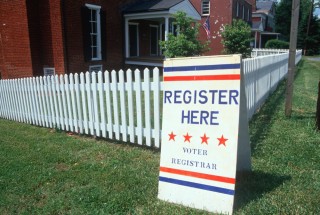
Well, turns out, according to Election Law Professor Rick Hasen, this is probably not the reason why Clinton lost. Hasen teaches law at the University of California – Irvine School of Law.
There is thus far not enough evidence (as I’ve shown in this post) that these laws actually affected the outcome of the presidential election. We have statistics on a fewer number of polls open or early voting days in some of these states, and we know courts have found in some cases that up to hundreds of thousands of voters lacked the right kind of ID to vote in some strict voter id states. But it is a big empirical leap to claim that these cutbacks caused the losses for Democrats in states that mattered for the outcome of the electoral college. Lots of people who lacked id could have gotten it and voted. (A more plausible case could be made in some of these states that these laws mattered in races which are very, very close.)More importantly, even in states that had eased their voting and registration rules in recent years, such as Minnesota, Democratic turnout was way down. This is key: Hilllary [sic] Clinton is down millions of Democrats’ votes (right now about 7 million votes) compared to Obama in 2012. People stayed home for reasons unrelated to voter suppression.
Though, experts do contend that the laws may have had some effect on voter turnout.
“There were clearly many people who bore the brunt of new voting restrictions or who were otherwise unable to participate, and that is not acceptable in a democracy,” Wendy Weiser, who works at the Brennan Center for Justice at NYU’s School of Law, told The Associated Press.
However, most experts believe the margins between Clinton and Trump were too wide for the laws to have any meaningful significance.